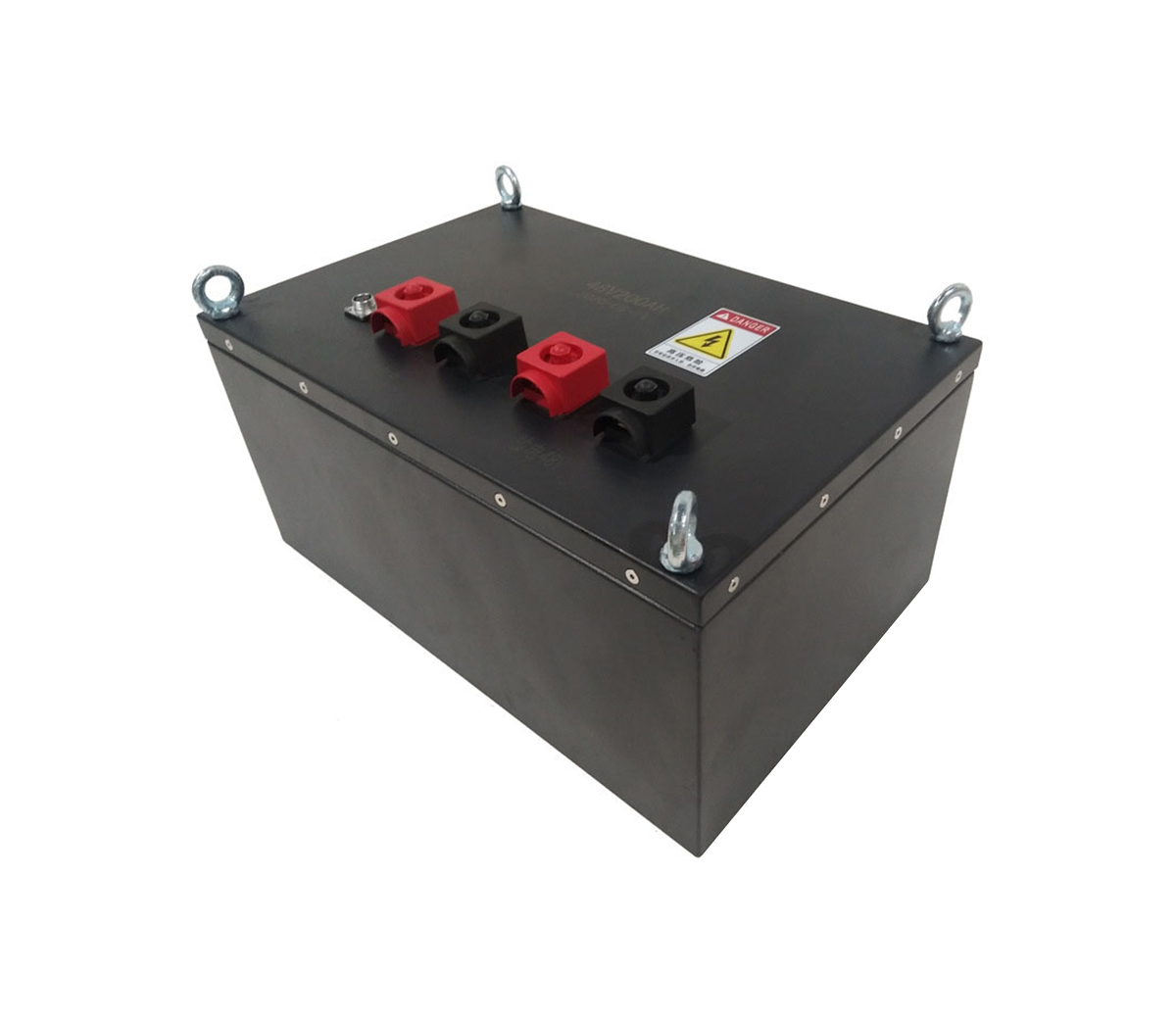
Battery technology will become the key to future competition. Chinese
companies urgently need to work hard to persist in core technological innovation
and breakthroughs in order to gain a global competitive advantage and not be
controlled by others.
In the development of emerging technology products such as drones and
electric vehicles, the importance of battery technology is becoming increasingly
prominent. In view of the fact that unmanned driving technology is being widely
integrated into almost the entire transportation field, battery technology will
also become the key to future competition. Therefore, Chinese enterprises
urgently need to work hard to persist in core technological innovation and
breakthroughs in order to gain a global competitive advantage and not be
controlled by others.
In recent years, the development of the UAV industry has continued to
accelerate, and various types of UAVs have been widely used in various fields.
Due to the huge market potential and advantages of drones, world powers such as
China and the United States are paying more and more attention to this field.
South Korea is also continuously increasing investment, hoping to get a share of
the global market.
South Korea's development of drones is stuck in a battery dilemma
The unmanned aerial vehicle industry has become a major industry developed
by countries around the world. In recent years, South Korea has continuously
increased its investment in order to stay behind in international
competition.
The recent new hot "solar drone" in the field of drones, South Korea has
also dabbled in it quite early. As early as 2013, the Korean Institute of
Aeronautics and Astronautics developed the solar-powered UAV EAV-3, which can
initially fly for 24 hours.
Recently, South Korea has once again developed a new type of drone that can
fly in the stratosphere and lasts for more than a week. However, compared with
similar drones in England, South Korean drones are much worse, and Zephyr drones
in England can fly for 2 weeks with a single charge.
According to researchers from the Korea Institute of Aeronautics and
Astronautics, the reason why Korean drones have limited flight time is that the
lithium-ion battery technology used is limited, and the stored power is not
enough to support the drone's longer-lasting aviation research. The more
advanced lithium sulfide battery technology is in the hands of European and
American companies, and they are not willing to sell easily.
Battery technology may become the key to future competition in the unmanned
field. In recent years, with the development of cutting-edge technologies such
as artificial intelligence, unmanned driving technology has been fully
popularized in land, sea, and air. Driving ships, flying cars, etc. have all
sprung up, "growing well".
At the same time, due to the development of energy saving and environmental
protection concepts and battery technology, pure electric vehicles have also
become the mainstream trend. As a result, unmanned driving technology and pure
electric concepts are accelerating the integration, and pure electric unmanned
vehicles will "dominate" future transportation.
Under this trend, the importance of battery technology will undoubtedly
increase day by day. For pure electric vehicles, because charging is more
convenient and battery life requirements are relatively low, the existing
battery technology is already sufficient to ensure commercial demand. However,
unmanned aircraft, especially large unmanned flying cars, unmanned passenger
aircraft, etc., have very high requirements for endurance, and the constraints
of battery technology will be fatal.
Therefore, as countries pay more attention to the development of unmanned
driving, battery technology may become the key to future competition in this
field.
Master the core technology to not be controlled by others
From the example of South Korea and the analysis of the importance of
battery technology, if you want to grasp the competitive advantage in the field
of unmanned driving and no longer be controlled by others, then it is imperative
to promote breakthroughs in battery technology and master core technologies.
The development of unmanned driving in China has entered the fast lane, and
the country attaches great importance to the development of the automotive
battery industry. In March 2017, the Ministry of Industry and Information
Technology, the National Development and Reform Commission, the Ministry of
Science and Technology, and the Ministry of Finance jointly issued the "Action
Plan to Promote the Development of the Automotive Power Battery Industry" to
accelerate new breakthroughs in my country's automotive power battery
industry.
The plan proposes that by 2020, the total production capacity of the power
battery industry will exceed 100 billion watt-hours, and a leading enterprise
with an internationally competitive production and sales scale of more than 40
billion watt-hours will be formed.



































